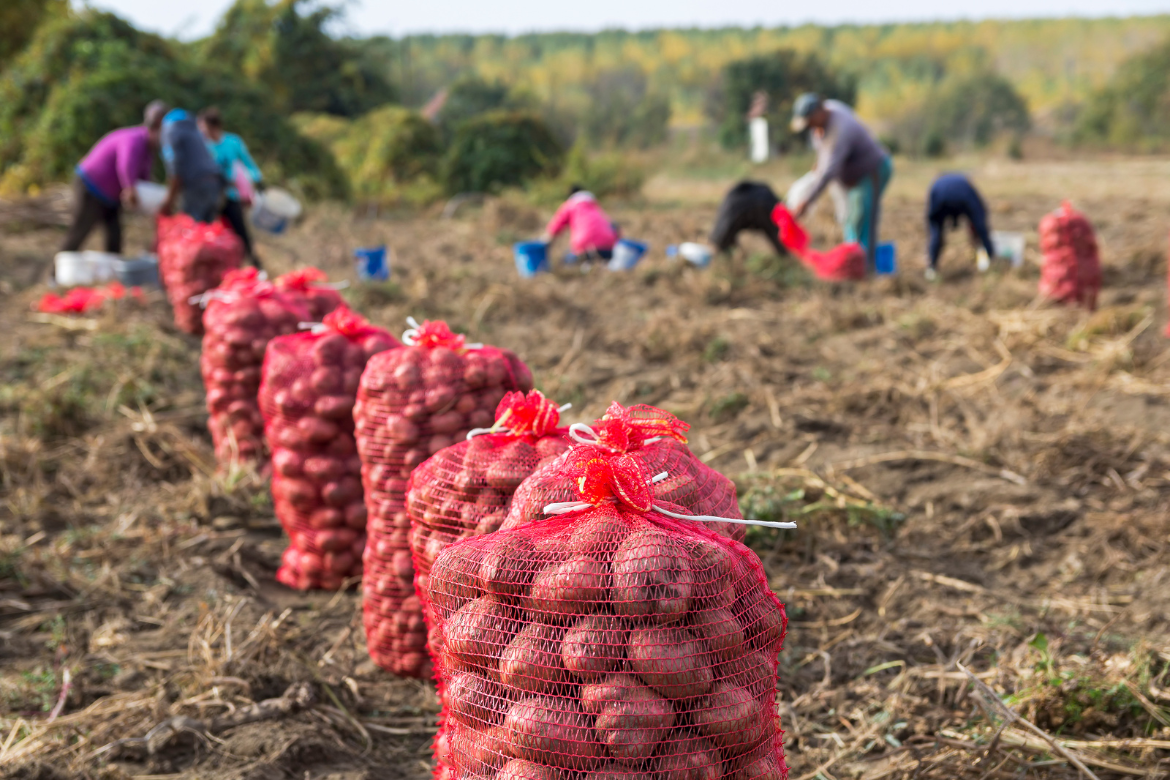Ottawa is considering significant changes to its Temporary Foreign Worker (TFW) program, prompting agri-businesses to call for more streamlined processes and increased flexibility to stay competitive.
According to a new study by the Canadian Federation of Independent Business (CFIB), 59% of agri-businesses support the introduction of a multi-employer work permit to allow sharing of foreign workers among employers.
Despite this, the majority of agri-business owners are not in favor of sectoral or regional work permits, whether under the current system (59%) or a proposed new structure where a third party recruits and dispatches workers (50%). These concerns stem from fears of employee poaching and retention issues.
“While the government is reviewing its TFW program, it needs to consider the practical needs of agri-businesses and the future of Canada’s food security,” said Juliette Nicolaÿ, CFIB’s policy analyst. “Farmers are already struggling with chronic staffing shortages and when they turn to foreign labour, it’s only as a last resort because they can’t find anyone locally.”
Three in 10 hire foreign workers
The CFIB’s data highlights that in 2023, three in ten agri-businesses hired foreign workers. Reliance on foreign labor is particularly high in Quebec (51%) and in labor-intensive sub-sectors like fruits, vegetables, and horticultural specialties (64%).
Employment and Social Development Canada (ESDC) reports that 92% of employers who hired TFWs found that these workers helped them meet demand, while 89% said TFWs were crucial to staying in business.
‘Isolated bad actors’
There are several misconceptions about the TFW program, such as claims that TFWs are underpaid or mistreated, according to the press release issued by CFIB.
In reality, 85% of TFWs are paid the same wage as Canadians, with only 3.5% earning less, it said. The federal government conducts regular inspections to ensure the health and safety of foreign workers, with 94% of employers inspected found compliant on 26 criteria, according to ESDC.
“While there may be isolated bad actors that should not be tolerated, agri-businesses highly value foreign workers,” said Francesca Basta, CFIB’s research analyst. “They take time and effort to bring TFWs to Canada and cover costs beyond wages, such as housing, transport, and health care. It is also common for farmers to have the same TFWs return year after year, with some sponsoring workers for permanent residency.”
Recommendations to improve program
To enhance the efficiency of the TFW program, the CFIB recommends several measures:
- Reducing red tape associated with hiring TFWs, particularly streamlining the Labour Market Impact Assessment (LMIA) process.
- Allowing for the sharing or transferring of foreign workers through multi-employer work permits.
- Indexing the housing deduction to inflation, as the current $30 deduction does not reflect real housing prices.
- Allowing employers to match wages offered by another employer with an LMIA in the same area to strengthen retention and curtail poaching.
- Reimbursing employers for the costs associated with compliance inspections if the LMIA is not issued.
- Introducing a mechanism to compensate initial costs covered by employers whose employees have been poached, and streamlining access to new TFWs.
The Canadian Federation of Independent Business (CFIB) is Canada’s largest association of small and medium-sized businesses, with 97,000 members across all industries and regions.





